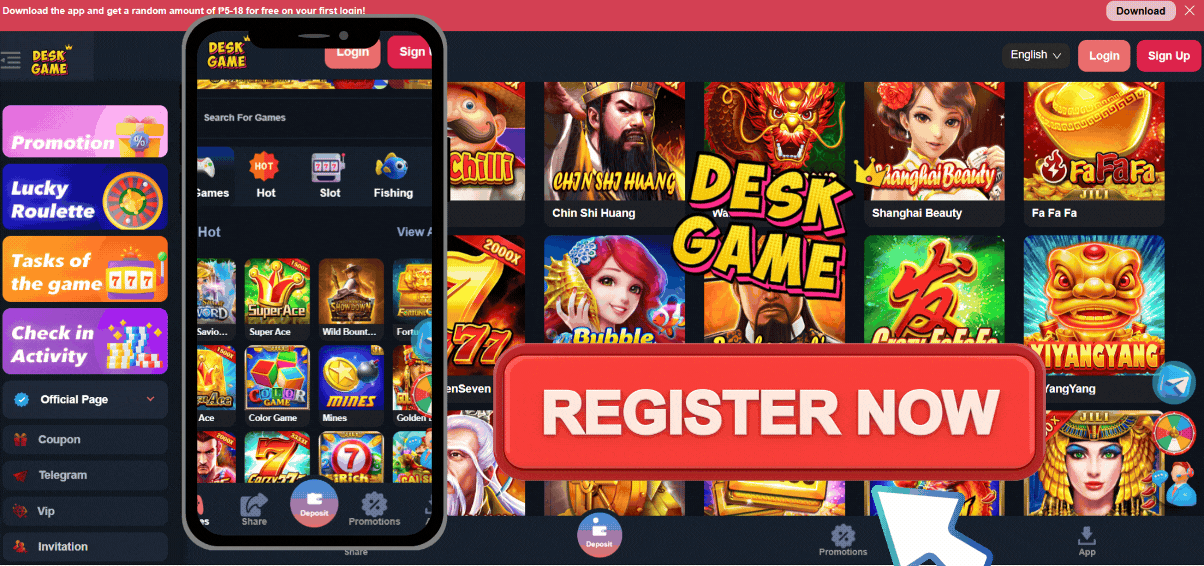Desk Game gives you real money without paying?
- PG-Soft Slot Machines
- 2025-01-20
- 3
- update:2025-01-20 08:36:51
Free slot | Desk Game Free 100 |Desk Game Legit Slot Casino Philippines News: "Unlocking Real Money Wins: The Allure of Desk Games Without Paying"
In the ever-evolving landscape of online entertainment, the concept of desk games that offer real money rewards without requiring any payment has captured the imagination of many. This intriguing proposition raises questions, sparks debates, and invites scrutiny. Can one truly earn real money from desk games without spending a dime? This article delves into the nuances of this phenomenon, exploring various perspectives and addressing common queries.
The Reality of Free-to-Play Desk Games
Desk games, ranging from puzzles and strategy games to simulated casino experiences, have long been a staple of online gaming. The emergence of platforms that promise real money rewards without any initial investment has added a new dimension to this genre. These games often operate on a freemium model, where players can participate without paying but have the option to make in-game purchases to enhance their experience.
How It Works
The mechanics behind these games are straightforward. Players engage in various activities, complete challenges, or achieve specific milestones to earn in-game currency or points. These can then be redeemed for real money or gift cards. The revenue for these rewards typically comes from advertisements, sponsorships, and optional in-game purchases made by a minority of players.
Pros of Free-to-Play Desk Games
1.Accessibility: These games are accessible to anyone with an internet connection, making them inclusive and democratic.
2.Risk-Free Entertainment: Players can enjoy the thrill of gaming without the financial risk associated with traditional gambling.
3.Potential Earnings: For skilled or dedicated players, these games can provide a legitimate source of extra income.
Cons of Free-to-Play Desk Games
1.Time Investment: Earning significant rewards often requires a substantial time investment, which may not be feasible for everyone.
2.Monetization Strategies: Some games employ aggressive monetization tactics, pushing players towards making purchases.
3.Reward Limitations: The real money rewards are often modest, and there may be stringent withdrawal limits.
Different Perspectives
Perspective 1: A Legitimate Opportunity
Proponents argue that these games offer a legitimate way to earn money. For instance, John, a regular player, states, "I've managed to earn a decent amount just by playing games I enjoy. It's a fun way to pass the time and make some extra cash."
Perspective 2: A Marketing Gimmick
Critics, however, view these games as mere marketing gimmicks. Sarah, a gaming industry *** yst, explains, "These platforms often use the promise of real money to attract users, but the actual earnings are minimal. It's more about driving ad revenue and in-game purchases."
FAQs
Q1: Are these games truly free?
A: While you can start playing without paying, many games encourage in-game purchases to enhance your chances of winning or to speed up progress.
Q2: How much can one realistically earn?
A: Earnings vary widely. Some players report earning a few dollars a month, while others barely make anything. It largely depends on the game's structure and the player's commitment.
Q3: Are there any risks involved?
A: Besides the potential for time wastage, some games may collect personal data or have opaque terms and conditions, posing privacy risks.
Q4: How do these platforms stay profitable?
A: They rely on advertisements, sponsorships, and the *** all percentage of players who make in-game purchases.
Q5: Can these games be considered a form of gambling?
A: While they share some similarities, these games typically do not involve betting with real money, distinguishing them from traditional gambling.
The Ethical Dimension
The ethical implications of these games are also worth considering. On one hand, they provide entertainment and potential earnings to a broad audience. On the other hand, they can exploit players' desires for easy money, leading to excessive time spent on these platforms. This balance between opportunity and exploitation raises important questions about the responsibility of game developers and the need for transparent practices.
Case Studies
Case 1: Success Story
Emily, a college student, managed to earn enough to cover her textbooks by playing a popular desk game for a few hours each week. She attributes her success to strategic gameplay and consistent effort, demonstrating that with the right approach, these games can be a viable source of income.
Case 2: Cautionary Tale
Michael, however, found himself spending more time on these games than on his job, resulting in financial strain and a decline in his work performance. He warns, "It's easy to get sucked in, thinking you're going to hit the big win. The allure of easy money can be deceptive."
Desk games that offer real money without paying present a tantalizing prospect, blending entertainment with potential financial gain. While they can be a legitimate source of extra income for some, they also come with caveats and risks. As with any online venture, it's crucial to approach these games with a balanced perspective, understanding both their potential benefits and limitations. Whether they are a golden opportunity or a clever marketing ploy, one thing is clear: they have sparked a lively debate that is likely to continue as the industry evolves. Players must weigh the pros and cons carefully to make informed decisions about their participation in these games.
pervious article:Desk Game slot is easiest to win?
next article:Desk Game is safe to earn money?








someting wan to say?...